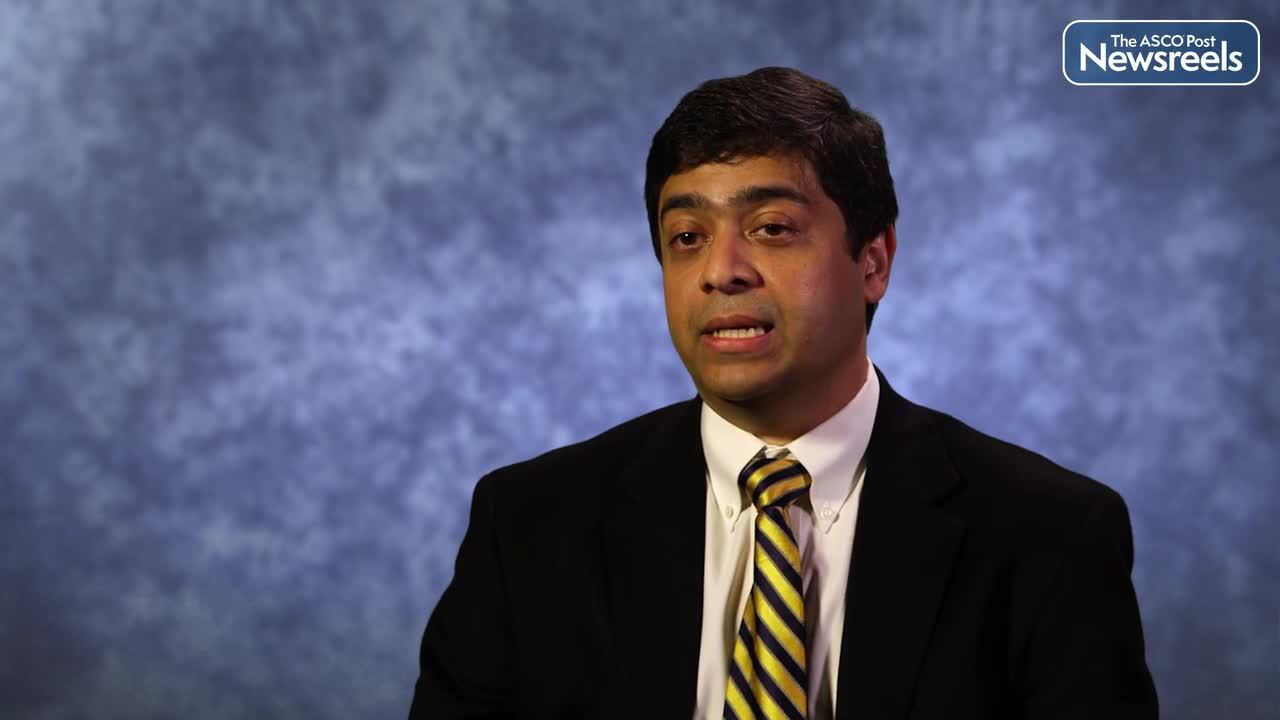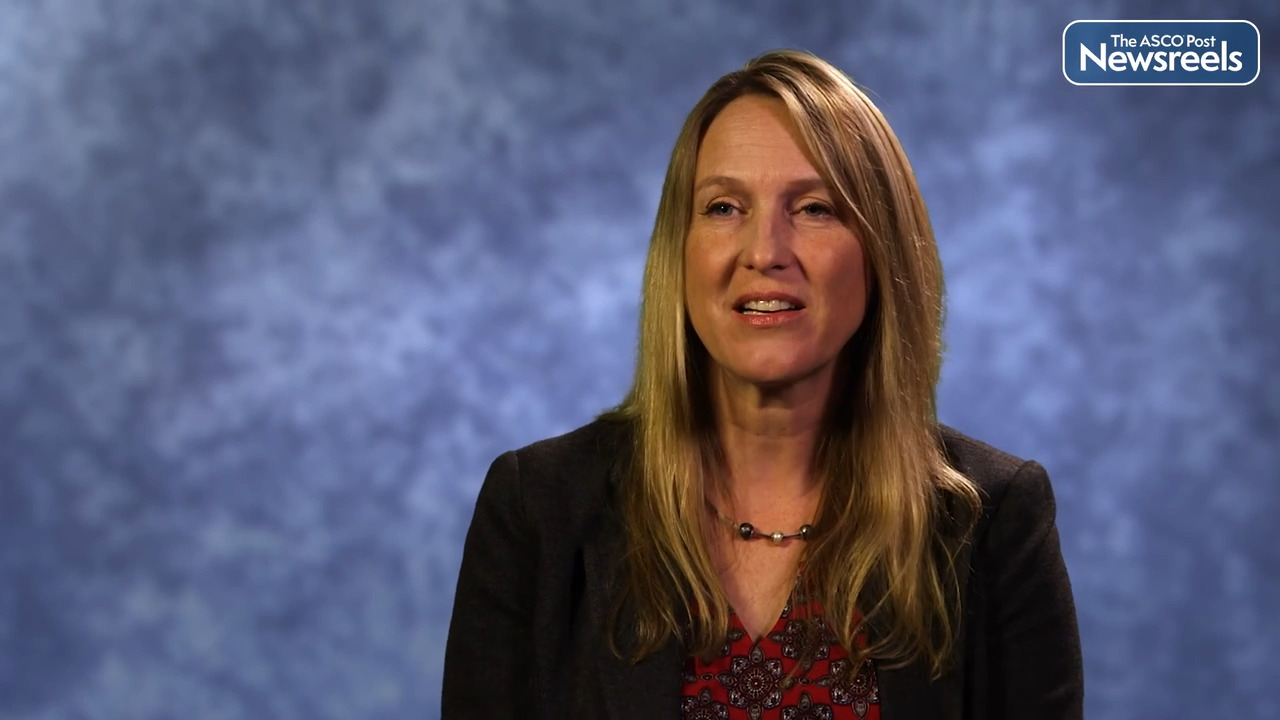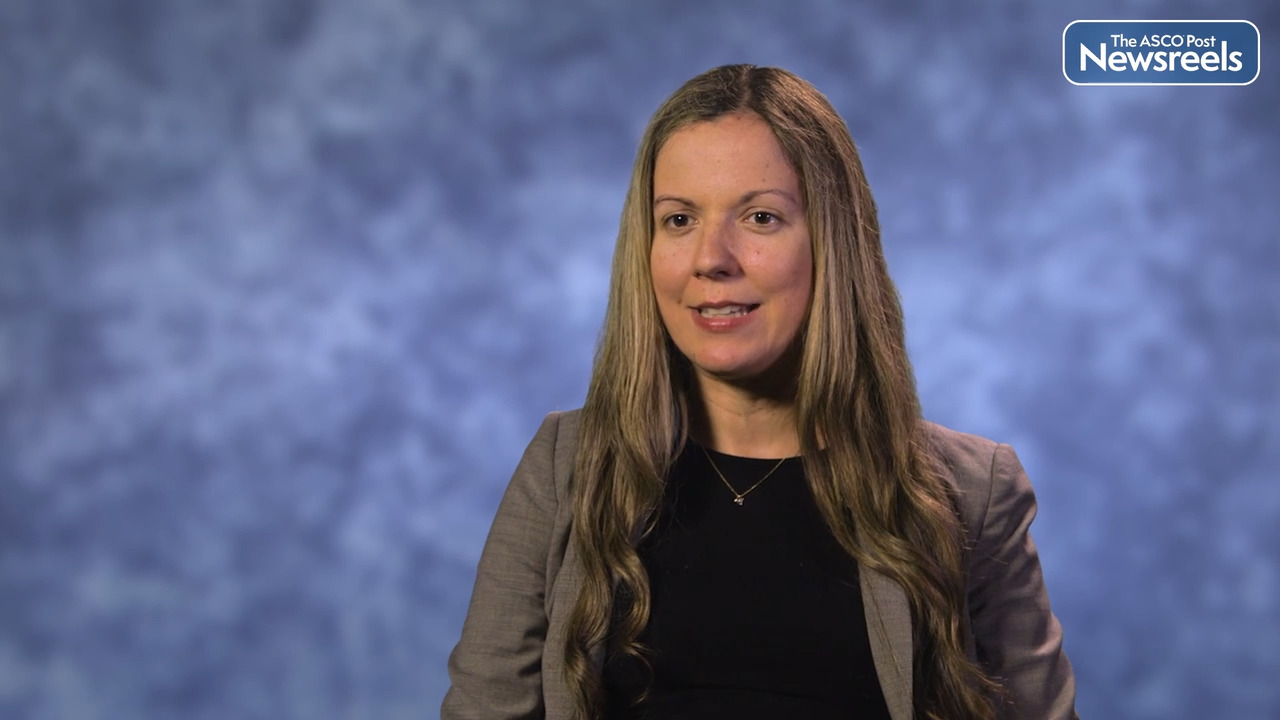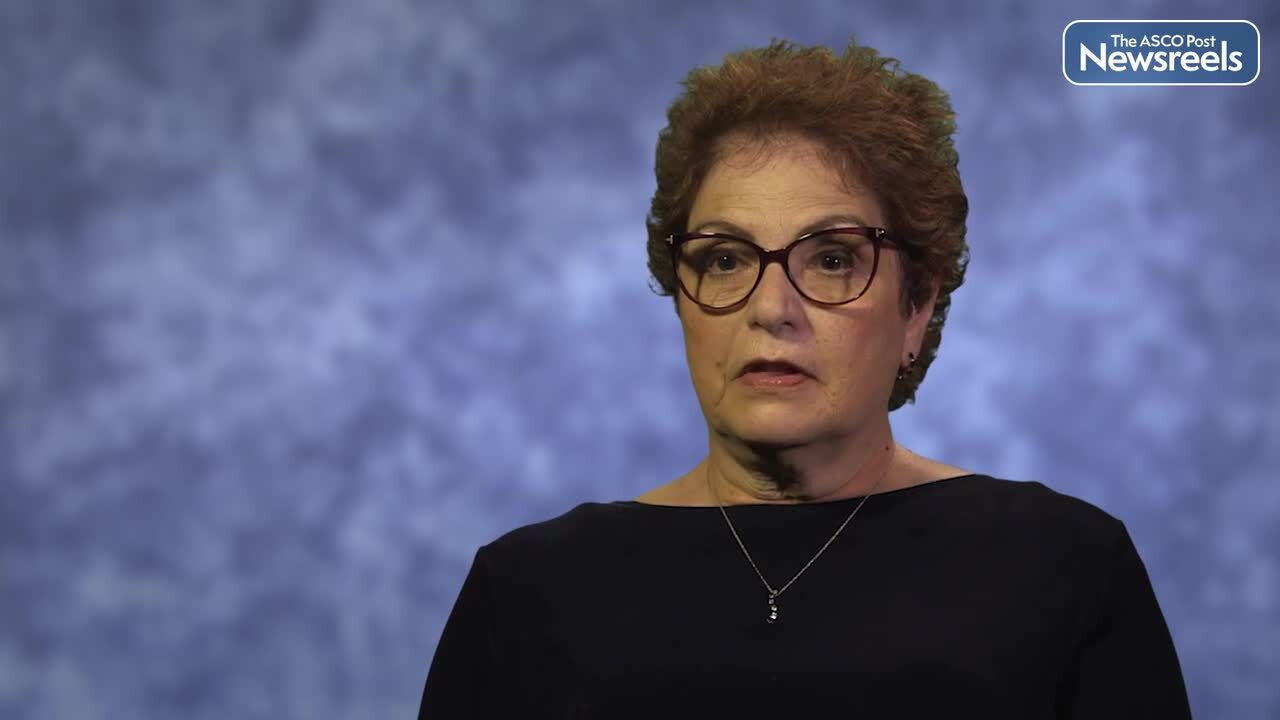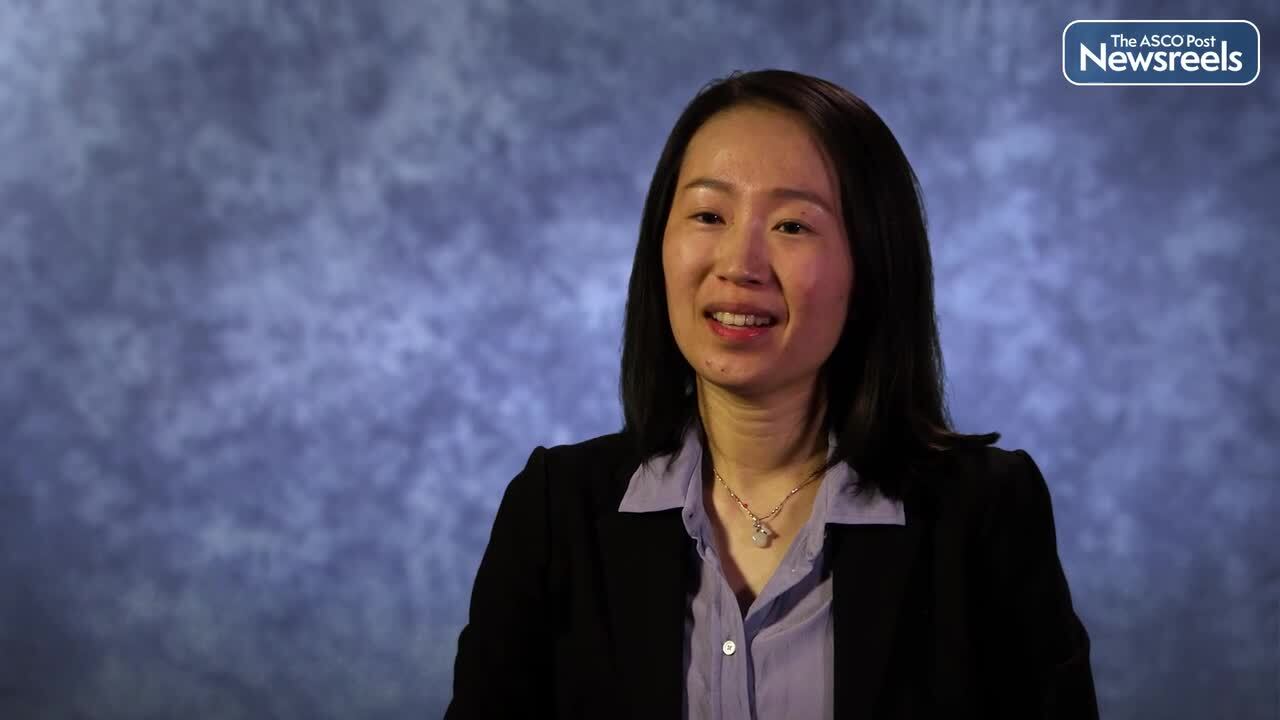Gulam A. Manji, MD, PhD, on Gastric and Gastroesophageal Junction Adenocarcinomas: New Data on Pembrolizumab Plus Capecitabine and Oxaliplatin
AACR Annual Meeting 2022
Gulam A. Manji, MD, PhD, of Columbia University Medical Center, discusses phase II results on perioperative combination chemotherapy and pembrolizumab in patients with resectable gastric cancer. The combination appeared to result in many complete pathologic responses (Abstract CT009).
The ASCO Post Staff
Vivek Subbiah, MD, of The University of Texas MD Anderson Cancer Center, talks about innovative design of clinical studies that may help demonstrate clinical benefit in precision medicine and advance treatment to deliver the right intervention to the right patient at the right time (Abstract DC06).
The ASCO Post Staff
Alana L. Welm, PhD, of the University of Utah Huntsman Cancer Institute, discusses her findings of a new pathway that regulates the antitumor immune response during metastatic outgrowth. Interfering with a particular isoform of RON kinase may cause metastatic tumors to be swarmed by T cells and killed, suggesting that new approaches to targeting this kinase may be achievable in the near future (Abstract SY32).
The ASCO Post Staff
Priscilla K. Brastianos, MD, of Harvard Medical School and Massachusetts General Hospital, talks about her efforts to better understand how brain metastases evolve genomically and to test such agents as abemaciclib, paxalisib, and entrectinib, which may stop their growth. Palbociclib, a CDK inhibitor, has already shown potential benefit. A national cooperative group trial is underway in multiple centers to identify novel treatments for patients with brain metastases, who typically have a poor prognosis (Abstract SY38).
The ASCO Post Staff
Electra D. Paskett, PhD, of The Ohio State University, discusses various factors that may contribute to cancer such as socioeconomic status, discrimination, violence, and access to health care. When clinicians identify these factors and intervene with access to services, it may be possible to improve outcomes for their patients (Abstract SY33).
The ASCO Post Staff
Yaqi Zhao, MSc, of St. Jude Children’s Research Hospital, discusses findings from the phase III INO-VATE trial, which showed that inotuzumab ozogamicin reduced the signs and symptoms of acute lymphoblastic leukemia associated with a variety of gene and chromosome changes. Future studies may confirm which patients are more likely to benefit from this agent (Abstract CT027).
